 Statement by Zandile Phiri, Acting Secretary General of the United Democratic Movement
Statement by Zandile Phiri, Acting Secretary General of the United Democratic Movement
The United Democratic Movement (UDM) acknowledges the signing of the Basic Education Laws Amendment (BELA) Bill by President Cyril Ramaphosa. The UDM supports any initiative that seeks to improve the quality of education and governance within South Africa’s schools, but we remain cautious about certain provisions of the bill and their potential impact on local communities and school governance structures.
The BELA Bill aims to modernise South Africa’s education system by addressing key issues such as language policy, school admissions, and the powers of School Governing Bodies (SGBs). The UDM recognizes the need for reform in these areas, but we are concerned that the bill may shift too much decision-making power to provincial education departments, potentially disempowering local communities and parents who are best placed to understand the needs of their schools.
However, one of the UDM’s primary concerns is the reduction of authority given to SGBs in determining school admissions and language policies. SGBs are vital in maintaining a sense of community ownership in schools, and any erosion of their powers must be handled with care. The UDM believes that local communities should have a significant say in how their schools are run, particularly when it comes to language and cultural considerations that reflect the diversity of South Africa.
The centralisation of power could result in a one-size-fits-all approach that fails to address the specific needs of different schools and communities. The UDM urges the government to ensure that the BELA Bill does not alienate parents or compromise their role in shaping the identity of their children’s education.
The UDM is also concerned that while the BELA Bill addresses governance and policy, it does not adequately tackle the critical issue of infrastructure in many of the country’s schools. Thousands of schools still operate with pit latrine toilets, overcrowded classrooms, and unsafe facilities, which continue to compromise the safety, dignity, and education of learners.
Before implementing new systemic changes, the government must address these foundational challenges. Legislation alone cannot improve the education system if schools remain physically unsafe and under-resourced. The UDM calls on the government to prioritize upgrading school infrastructure and to ensure that every school has access to basic amenities such as safe toilets, sufficient classrooms, and well-trained teachers.
The UDM also calls for extensive public consultation and collaboration with key stakeholders, including educators, parents, civil society, and traditional leaders, in the implementation of the BELA Bill. Meaningful engagement will ensure that the bill is applied in a way that is sensitive to the unique needs of South Africa’s diverse communities and that it does not impose undue burdens on schools and families.
In conclusion, while the UDM cautiously welcomes the BELA Bill as a step forward in reforming the education system, we remain committed to ensuring that it is implemented in a way that respects community involvement, addresses infrastructure challenges, and improves the overall quality of education for all South African children.





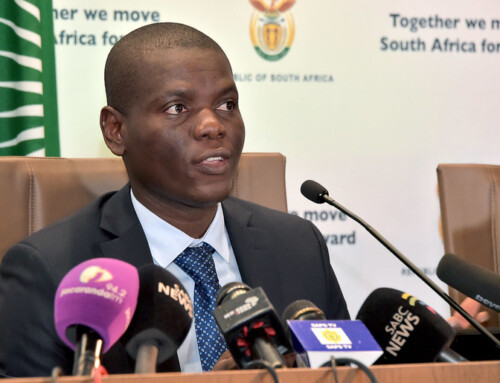



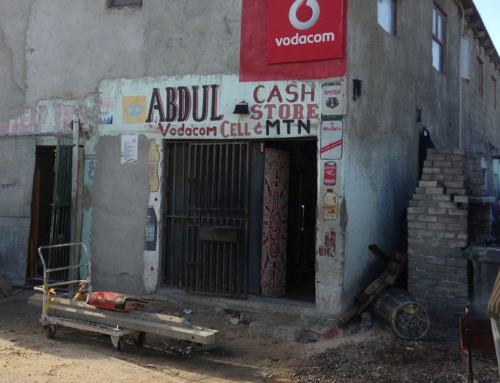
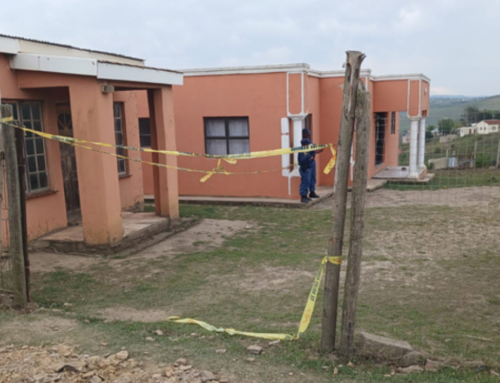







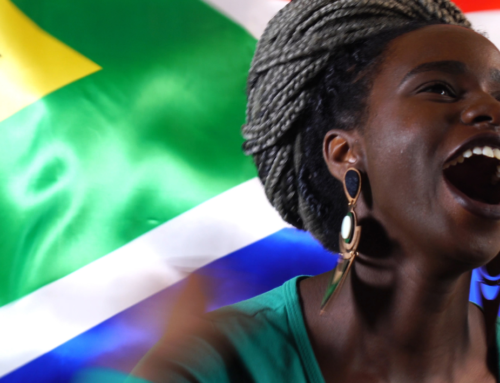






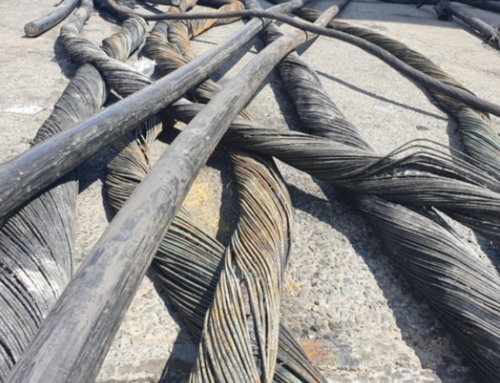
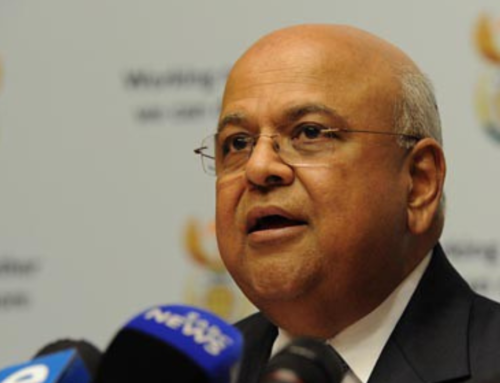

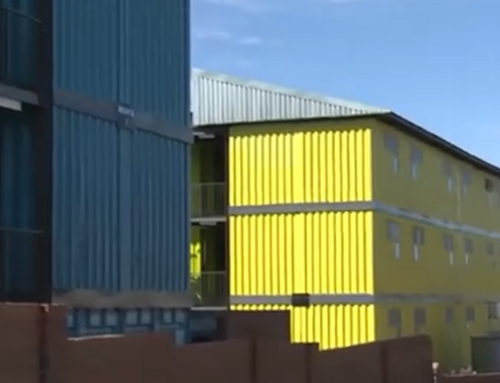
Loving this article and would love to see how it unfolds and is implemented